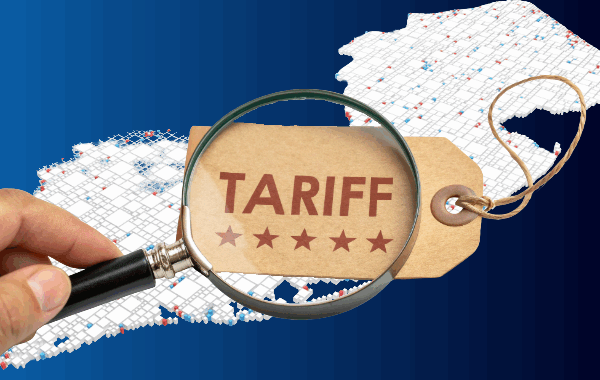On behalf of our member companies that make NJBIA the largest, most impactful association representing New Jersey businesses, I write to you in opposition to Senate Bill No. 4059 (Lagana) which would increase the fees paid by employers and employees to petitioners’ attorneys in workers’ compensation cases. This attorneys’ fee increase will significantly raise workers’ compensation cost for employers, including small businesses, and even chip away at awards for injured workers. As the Legislature continues its focus on making New Jersey a more affordable and attractive place to live, work and run a business, this legislation runs counter to those goals.
This legislation restricts how a judge of compensation may determine the reasonableness of a fee. It is well established by New Jersey caselaw that a judge’s first step in awarding a reasonable amount of attorneys’ fees is determining the lodestar, which requires consideration of the reasonableness of both the attorney’s rate and the number of hours expended on the case. “. . . [D]etermination of the lodestar amount is the most significant element in the award of a reasonable fee because that function requires the trial court to evaluate carefully and critically the aggregate hours and specific hourly rates advanced by counsel for the prevailing party to support the fee application.” Rendine v. Pantzer, 141 N.J. 292, 335 (1995). However, this legislation explicitly states that the compensation judge cannot consider the number of hours expended on the case or the attorney’s hourly rate when determining reasonableness of a fee, thus needlessly contradicting well-established case law regarding awarding attorneys’ fees. Absent the lodestar analysis, judges do not have an objective starting point from which to determine the reasonableness of fee awards.
In addition to removing judicial discretion, this legislation simultaneously increases the current cap on fee awards from twenty percent to twenty-five percent of the underlying recovery. When paying attorneys’ fees, employers typically end up covering 60% of this cost and the other 40% is paid by injured workers through a deduction in their final settlement. Settlement awards, and thus attorney fees, have steadily increased each year based on changes in the State Average Weekly Wage (“SAWW”). Over the last decade, the SAWW has increased more than 28%, providing a direct increase to fees paid to attorneys based on those amounts. Absent evidence demonstrating that increased fee awards are necessary to attract competent counsel to workers’ compensation cases, NJBIA does not believe there is a need to arbitrarily increase attorneys’ fee awards at the expense of employers and injured workers.
Lastly, the Bill Statement provides that this legislation is intended to correct a ruling made by the Appellate Division in the unpublished opinion Garzon v. Morris Cnty. Golf Club, 2022 N.J. Super. Unpub. LEXIS 2596 (App. Div. Dec. 23, 2022). However, Garzon is limited to the facts of that case and does not warrant such a drastic change to the Workers’ Compensation Act. In Garzon, the Appellate Division reversed the compensation judge’s award of attorneys’ fees, reasoning that the compensation judge “engaged in a reflexive application of the twenty-percent maximum set forth in [the Workers’ Compensation Act] and failed to make a full analysis of [the] petitioner’s fee submission as the judge since [the judge] failed to make the critical determination of what the lodestar was and whether the number of hours petitioner’s counsel asserted he had spent on the case was reasonable.” This legislation would bar judges from conducting the lodestar analysis, essentially giving legislative sanction to the sort of “reflexive application” of the fee award that the Appellate Division warned of in Garzon.
This legislation combined with a bill that recently moved through the legislature to increase physician fees in workers’ compensation cases will serve as a one-two punch to employer and employee workers’ compensation costs in New Jersey. We urge the Legislature to proceed with caution and take into consideration the collective impact bills like these will have on our business climate.
For these reasons, we respectfully ask you to vote NO on S-4059.



